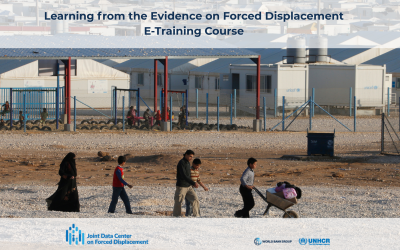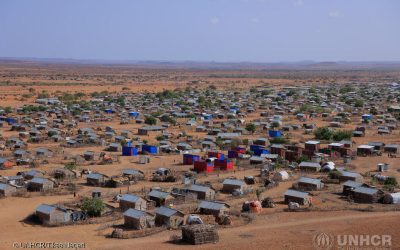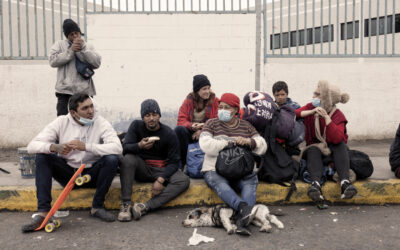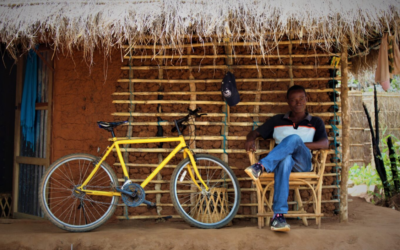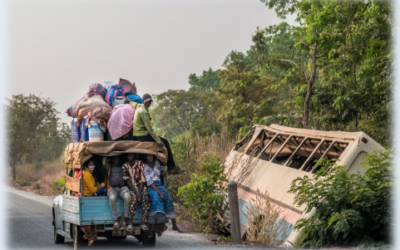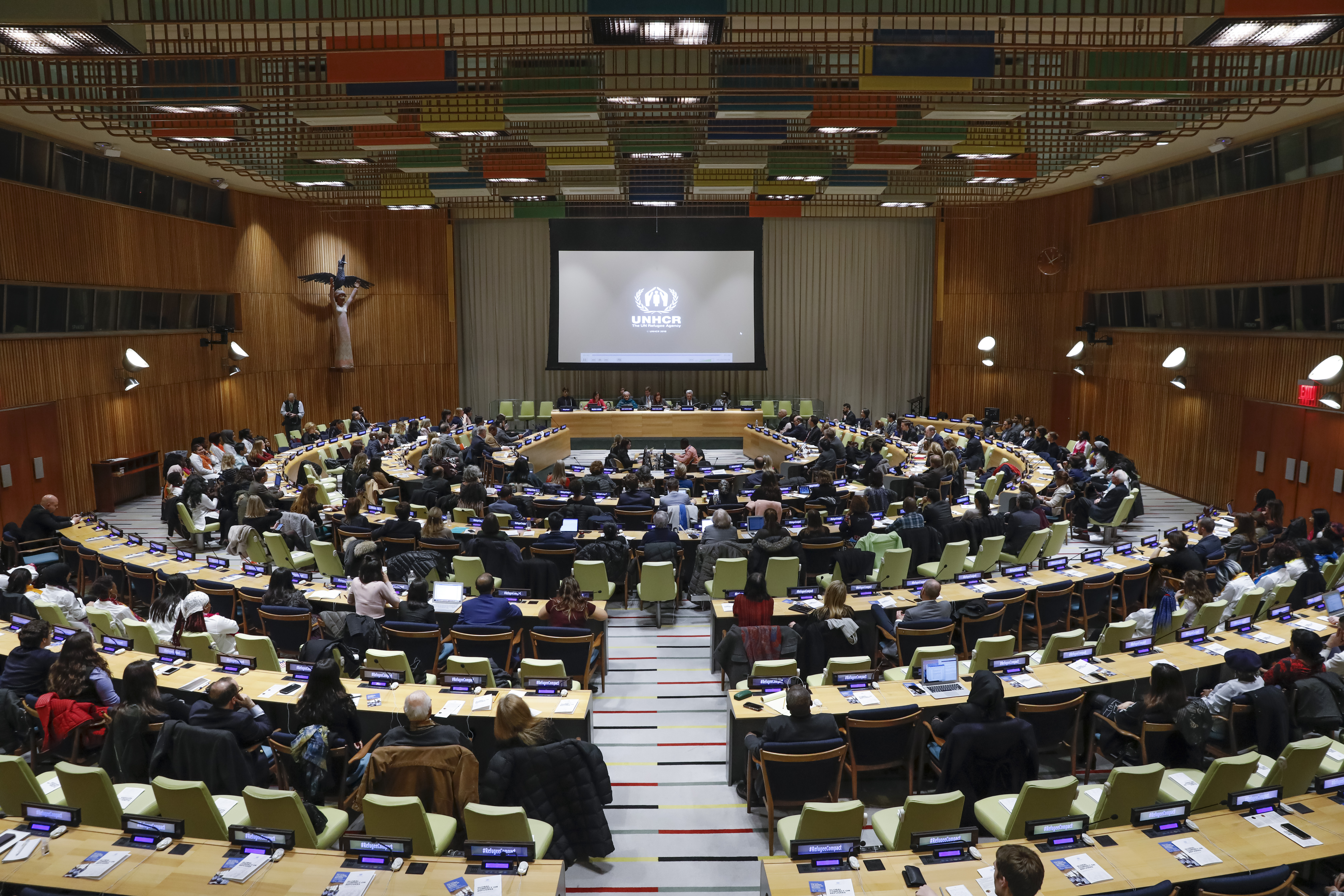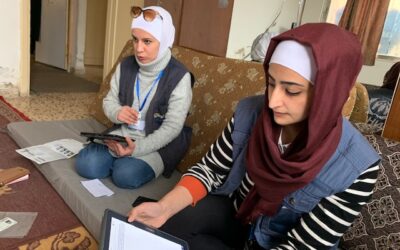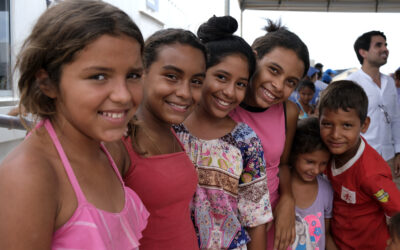News & Events
Past events
Learning from the Evidence on Forced Displacement
This event marks the launch of the Learning from the Evidence on Forced Displacement e-learning course, a collaboration between Building the Evidence on Forced Displacement and the World Bank-UNHCR Joint Data Center on Forced Displacement to support the use of socioeconomic evidence in operational contexts.
3rd JDC Research Conference on Forced Displacement
In collaboration with the UN Refugee Agency, the World Bank and the African School of Economics (ASE), the World Bank – UNHCR Joint Data Center on Forced Displacement organized the 3rd JDC Research Conference on Forced Displacement from 19th to 21st September 2024.
Venezuelans in Chile, Colombia, Ecuador, and Peru
DATA GUIDE On May 13th, the World Bank-UNHCR Joint Data Center on Forced Displacement will host an online event on the report “Venezuelans in Chile, Colombia, Ecuador, and Peru”. We will present the surveys analysed and launch a data guide that demonstrate how...
Blogs and Special Features
With all eyes on Ukraine, research offers insights from the world’s other 86 million forcibly displaced
Authored by Domenico Tabasso, Senior Economist at the World Bank-UNHCR Joint Data Center on Forced DisplacementA man who fled violence in Mocimboa da Praia sits outside his shelter at Nicuapa site for internally displaced persons in Montepuez district, Cabo Delgado...
COVID-19 pandemic and internally displaced people: Data collection during a double crisis in Burkina Faso
Authored by Harriet Kasidi Mugera , Jeffrey Tanner, Marco Tiberti & Clearance Tsimpo NkengnePhoto:©Dorte Verner/World Bank Along with other countries worldwide, Burkina Faso has been seriously impacted by the COVID-19 that was declared a pandemic by the World...
The Joint Data Center participates at the High-Level Officials Meeting (HLOM)
Statement by Björn Gillsäter, Head of the Joint Data Center on Forced Displacement, to the HLOM. December 15, 2021 Question: What do socioeconomic data tell us about the consequences on livelihoods/income, food security, health, and education for the forcibly...
IKEA Foundation and Conrad N. Hilton Foundation Invest in Better Data to Boost Protection and Wellbeing of Refugees
FOR IMMEDIATE RELEASE The World Bank-UNHCR Joint Data Center on Forced Displacement (JDC) today announced new partnerships—with IKEA Foundation and Conrad N. Hilton Foundation—to understand the challenges of the forcibly displaced and their hosts so that the private...
Joint Initiative Announced to Enhance KoBoToolbox for Data Collection and Analysis in Displacement Contexts
KoBo Inc. and the Joint Data Center on Forced Displacement (JDC), an initiative established by the World Bank Group (WBG) and UNHCR, the UN Refugee Agency, have partnered to strengthen KoBoToolbox.
Why it’s time to bring refugees out of the statistical shadows
Authored by Björn Gillsäter This blog was published in the World Economic Forum Photo:© UNHCR The COVID-19 pandemic has compounded the challenges faced by the world’s refugees, internally displaced and stateless people. A lack of or gaps in data limit our ability to...
FOR SYRIAN REFUGEES, POOR DATA KEEPS THEM IN THE SHADOWS, HAMPERS EFFORTS TO HELP DURING COVID-19
“For winter, the most important thing is warmth,” says Noura, a Syrian mother of four living in Bekaa, Lebanon. Like any mother, she simply wants to keep her children safe and warm during the cold winter months. But Noura knows all too well what it’s like to not be...
The pitfalls and potential of high-frequency phone surveys during COVID-19
Authored by Jeffery C. Tanner "Phone surveys can be particularly useful in times – such as during the current pandemic – when it is difficult to conduct face-to-face surveys, but can present challenges." The COVID-19 pandemic has torn through lives and livelihoods...
Including refugees and IDPs in national data systems
Authored by Natalia Krynsky Baal “ The recent endorsement of international statistical recommendations on refugees and IDPs will help systematise the inclusion of these vulnerable groups in national policy and development agendas. Much work needs to be done, however,...



